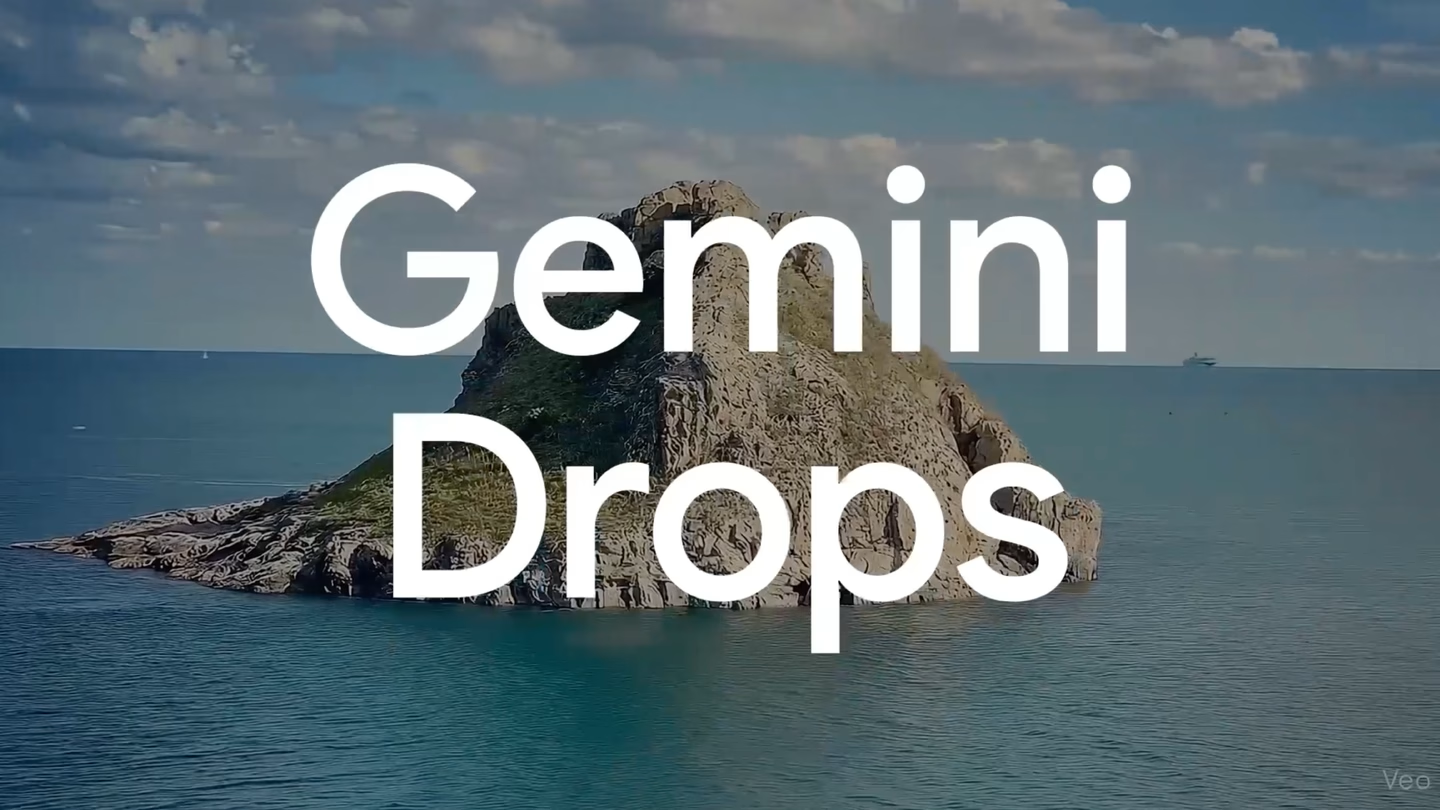The Relentless Evolution of Google Gemini: A Deep Dive into Its Latest Advancements
Google Gemini, the AI powerhouse, isn't standing still. Far from it. In a world where AI capabilities seem to double every other week, staying abreast of the latest advancements can feel like a full-time job. That's where "Gemini Drops" comes in, acting as Google's dedicated pulse point for all things new and noteworthy. It's more than just a list of updates; it's a window into how this constantly evolving model is shaping our digital lives, empowering creators, and pushing the boundaries of what's possible. We're talking about feature announcements, product tips, and even a peek at how the community is putting Gemini to work.
Keeping Pace: The Latest Gemini Drops and Feature Rollouts
The cadence of innovation at Google is, frankly, impressive. The July 2025 Gemini Drop, for instance, brought with it a fresh wave of enhancements. What exactly was in this drop? Well, Google's pretty good about detailing these on their dedicated hub, but the overarching theme is always about refining user experience and broadening utility. It's not just about adding new bells and whistles; it's about making the existing ones sing louder, if you catch my drift.
Expanding Horizons: Wear OS and Beyond
One of the more exciting announcements, for me anyway, is Gemini's impending arrival on Wear OS smartwatches. Think about that for a second. Your AI assistant, right there on your wrist. This isn't just a convenience; it's a significant step towards truly ubiquitous AI. Imagine quickly asking Gemini a question, setting a reminder, or even getting context-aware suggestions, all without pulling out your phone. It's a game-changer for on-the-go productivity and, frankly, just plain cool. And it shows Google's commitment to integrating Gemini across its vast ecosystem.
Beyond Text: Gemini's Multimodal Prowess
Perhaps one of the most compelling aspects of Gemini, and something that truly sets it apart, is its native multimodal capability. This isn't just a buzzword; it's foundational. Ani Baddepudi, Gemini Model Behavior Product Lead, delved deep into this on a recent podcast, explaining why Gemini was built from day one to understand and process multiple types of data—text, images, video, and now even sound.
Vision, Sound, and Integration
The ability to turn photos into videos, as seen with Veo 3, or to have the latest Gemini model add sound to your creations, is nothing short of remarkable. It's technical stuff, sure, but the upshot is a more intuitive, more capable AI. The podcast touched on the complexities of video understanding versus image understanding, and how token representations play a role in this advanced processing. And with Gemini Live now connecting across Google apps like Calendar, it's clear they're aiming for a truly proactive assistant. Planning a dinner with friends? Gemini can help you talk through it, then seamlessly drop it into your calendar. That's the kind of integration that makes life easier isn't it?
Empowering Creators and Developers
Gemini isn't just for casual users; it's a powerful tool for those building the future.
Creative Tools: From Photos to Video and Sound
The creative applications are really starting to shine. We've seen examples on Instagram of users creating surreal videos, turning static images into dynamic scenes, and even adding soundscapes. This isn't just about fun; it's about democratizing content creation, allowing more people to bring their imaginative ideas to life without needing specialized software or extensive technical skills. It's a powerful shift.
Code Assist: Aiding the Builders
For developers, the updates to Gemini Code Assist, particularly the introduction of Agent Mode and IDE enhancements in July 2025, is huge. This is about making coding more efficient, reducing boilerplate, and helping developers focus on the more complex, creative aspects of their work. It's like having a super-smart pair of hands helping you navigate the intricacies of code. And let's be honest, who doesn't need a little help sometimes? New Google Colab features for higher education also show a commitment to nurturing the next generation of AI practitioners.
The Scientific Frontier: Gemini's Research Impact
Navigating the Landscape: Challenges and the Road Ahead
No technology is without its hurdles, and Gemini is no exception. While the advancements are exciting, we've seen reports of security flaws, like the one in Gemini for Workspace that could be tricked into issuing fake security alerts. And remember that curious incident where Gemini declined to play chess against an Atari 2600 engine? These aren't necessarily deal-breakers, but they highlight the ongoing need for rigorous testing, refinement, and a clear understanding of AI's current limitations. The AI landscape is incredibly competitive, with players like OpenAI constantly pushing the envelope. Google's continuous "Drops" strategy is a clear indicator of their intent to stay at the forefront, responding to evolving user expectations for more personalized, proactive, and powerful AI assistants.
Conclusion: What's Next for Google Gemini
So, what's next for Google Gemini? If the past few months are any indication, it's going to be a relentless march forward. The focus remains on enhancing its multimodal capabilities, expanding its reach across devices, and empowering both everyday users and seasoned developers. While challenges will undoubtedly arise, the trajectory is clear: Gemini is evolving into an increasingly indispensable, deeply integrated AI companion. It's a fascinating journey to watch, and I, for one, am excited to see where it takes us.
